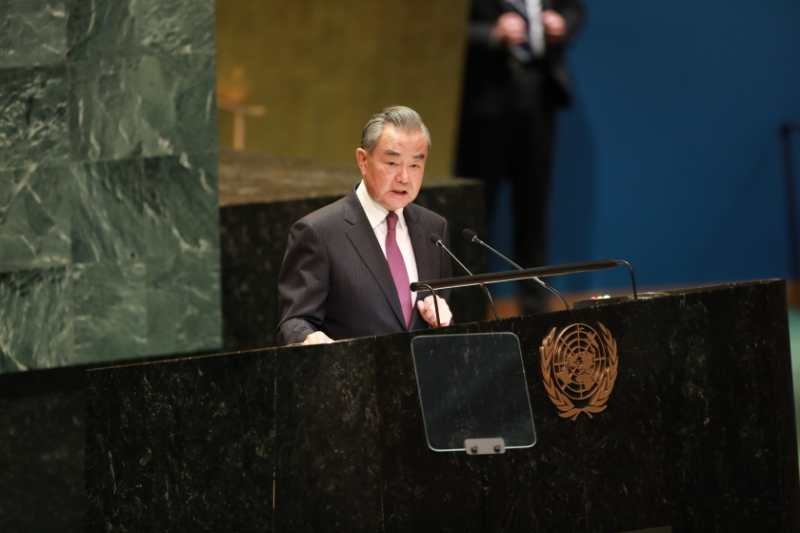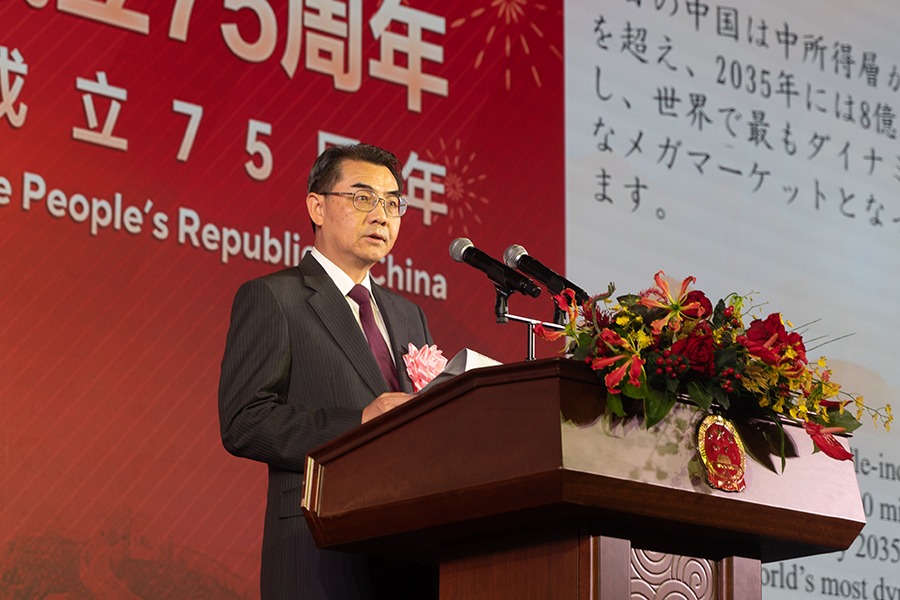Inspiration from the past, vision for the future
China Daily event in New York City brings guest speakers and youth from China and the United States together to share their views of improving bilateral ties






6 'wrong' US assumptions damage ties
The United States has changed "six assumptions" it has historically held about China — and all the new viewpoints are "wrong", David Firestein, CEO and president of the George H.W. Bush Foundation for US-China Relations, said on Thursday.
"One of the things that has happened in recent years, speaking from an American standpoint, is that I think American policy for China has veered off course because the assumptions have changed, in many ways radically," said Firestein, one of the featured speakers at the Vision China event at the Asia Society in Manhattan. The event was co-hosted by China Daily and the Bank of China.
"They have changed in a way that they have become less accurate than they were before," he said.
Firestein detailed the assumptions that the US now makes about China, and what they used to be.
"Number one, we used to assume that China was a partner of the United States and that China approached the relationship as a partner," he said. Today, the overwhelming assumption in the US government, the media and to a significant degree in American society is that, "China is the enemy of our nation, not the partner".
Second, the US used to assume that it was in the long-term interest of the US to have a constructive relationship with China. "And oddly enough now, in official Washington and across much of the country, we seem to believe that it is in the longterm interest of the United States to not have a constructive relationship with China but rather to have an adversarial relationship with China."
Third, the US used to assume that China wanted to be deeply invested as a stakeholder in the existing global system, but now believes that, "China seeks to bring an end to the existing international order, to topple the international order and to recreate some new order that presumably would work to a greater degree to China's advantage".
Fourth, he said that the US used to believe that China aspired to be a major power but did not seek to displace and supplant the US as the world's only superpower.
"But now, in official Washington, we see many voices who articulate the view that China seeks to displace and supplant the United States as the world's only superpower and to basically kick us off the top of the hill and take our place," he said.
Fifth, the US used to assume that trade and other exchanges were good, and "mutual dependence between the United States and China was actually a good thing because it made conflict less likely".
Now the US assumes "that the more engagement, the worse for the United States, that relying unduly on China creates vulnerability for the United States and thus it has led to these efforts coming out of Washington and the rhetoric, which talks about decoupling and so forth and so on".
Finally, the US used to believe that the relationship generated mutual benefit but now sees that anything that China does is bad for the US, which has a zero-sum mentality.
"They're all wrong, every one of them," Firestein said of the assumptions.
"So, in conclusion, the assumptions have changed. I think we have veered offtarget and off-course. As a result, US policy toward China is not working optimally, meaning we're not getting the results that we ourselves say that we want," he concluded. "When it comes to US-China relations, "dependence" is good, and "it increases our security, not decreases it," Firestein said.




























